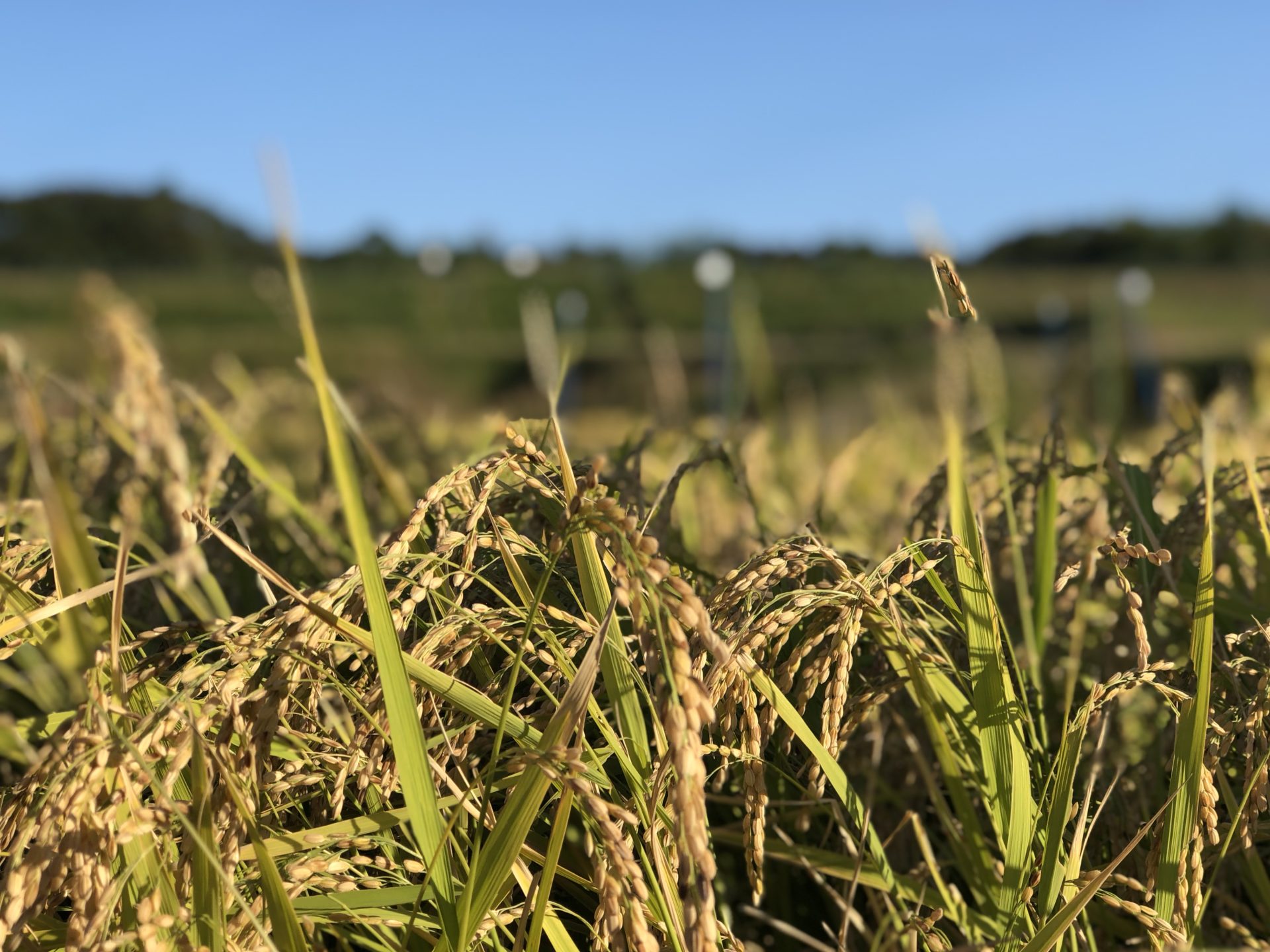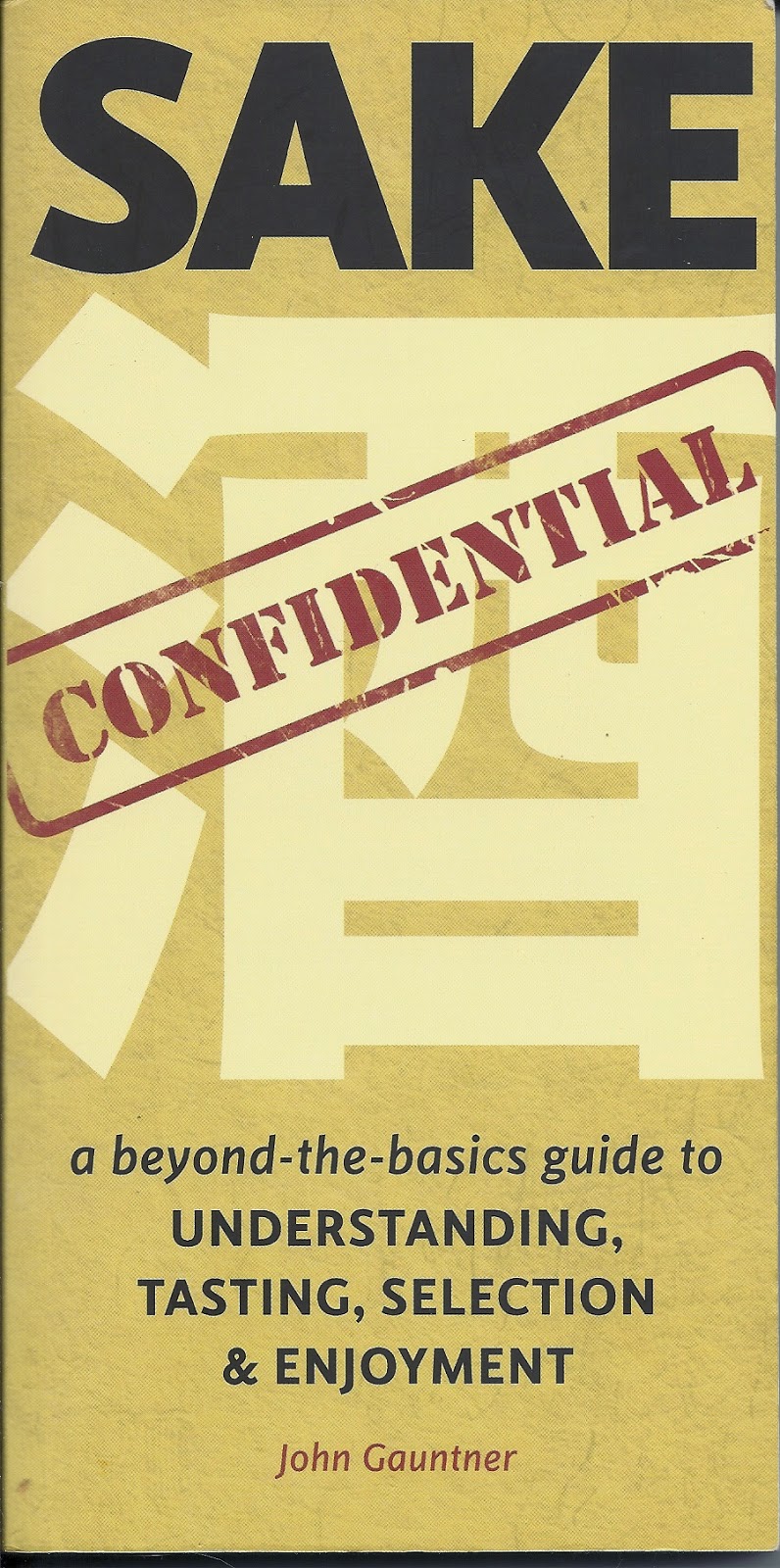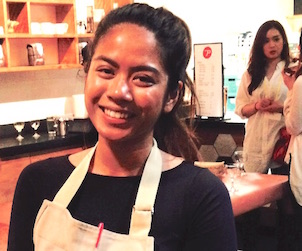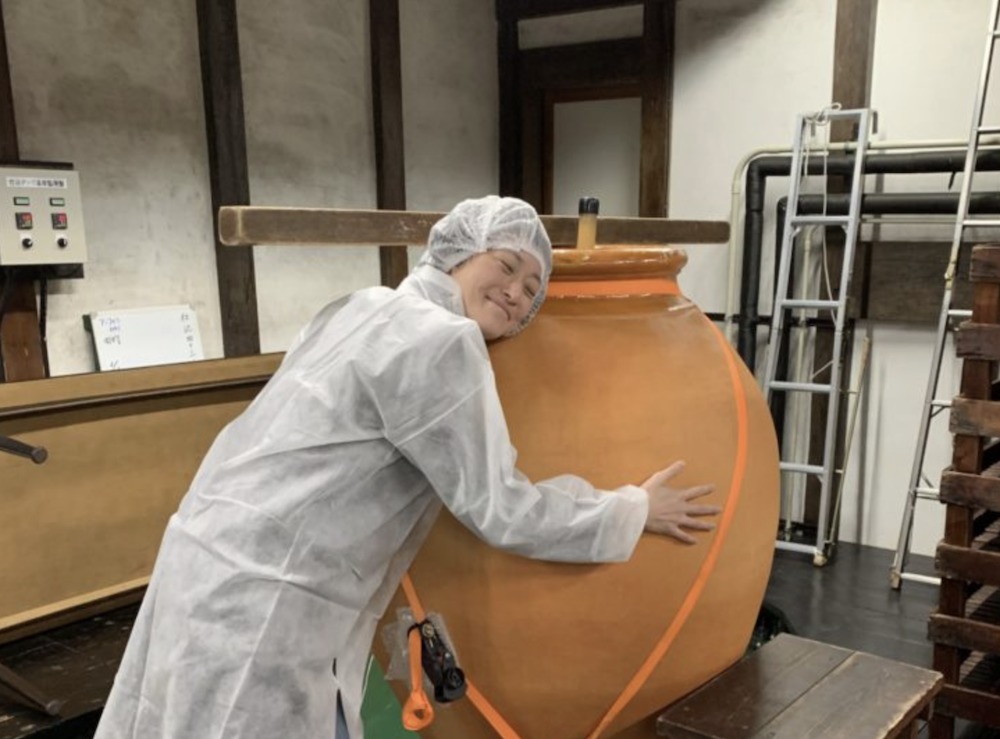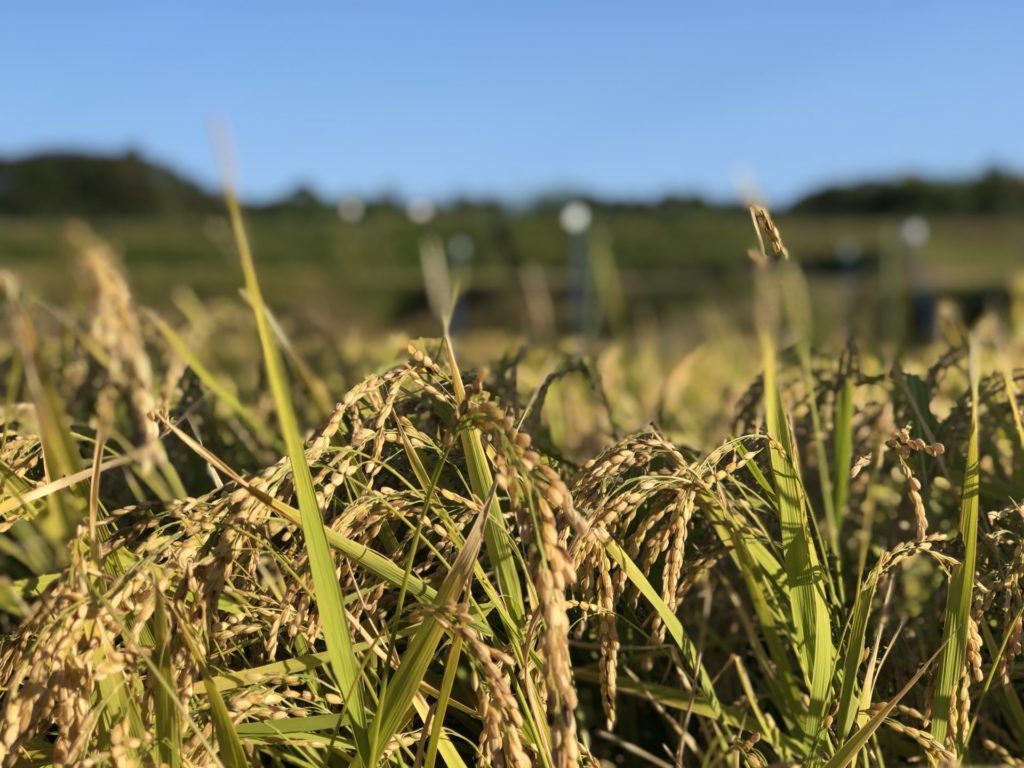
The sake brewing season is in full swing and I wanted to celebrate the glory of Dewasansan rice, one of my all time favourite rice varieties. It originates from Yamagata Prefecture, also one of my favourite sake regions ever.
Dewa is the old name for this region back in the day so if you see anything with ‘Dewa’ as part of the word or phrase, it has to do with Yamagata. It’s a relatively new variety, that debuted (can you imagine a debutant party for Dewasansan rice?) in the mid 90s and has quickly become a star in the sake world.
It’s roots include Miyamanishiki rice in it’s family tree but addresses some of the shortfalls (the rice is literally known for falling down in windy weather). Some people say that the rice produces sake that’s not very ageable but I think that’s nonsense. It’s floral, juicy and herb-y in its youth, smokey as it ages. There are some pithy, citrus notes that act like tannins or astringency, which gives texture and layers to the balance.
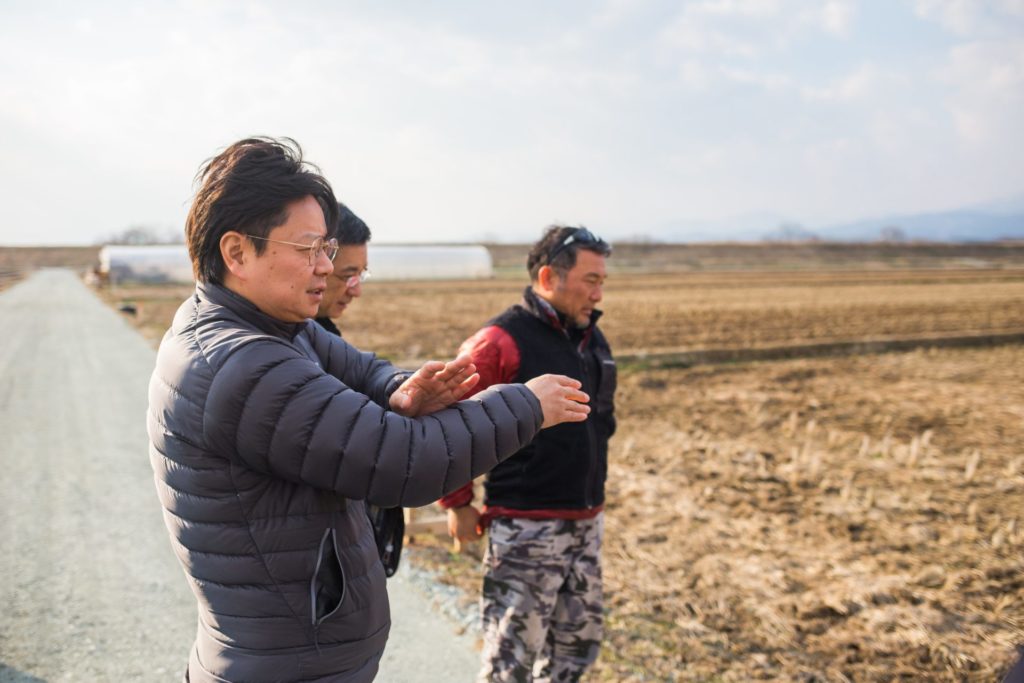
MItobe san in his Dewasansan farm
In the wine world, Pinot Meunier based wines in Champagne have also had the reputation of not being as ageable as Chardonnay or Pinot Noir. Pretty funny because I also love Pinot Meunier-based Champagnes. They can be friendly and expressive from youth, just like Dewasansan sakes. Right after it’s pressed, the sakes have a lot of flavour and brightness. There are rice varieties like Omachi or Yamadabo, that take a few months or even years of resting to show its personality. Omachi and Yamadabo are heirloom varieties and also some of my favourites but that’s for another time.
Here are a few sakes made with Dewasansan rice available in Ontario that you should give a try:
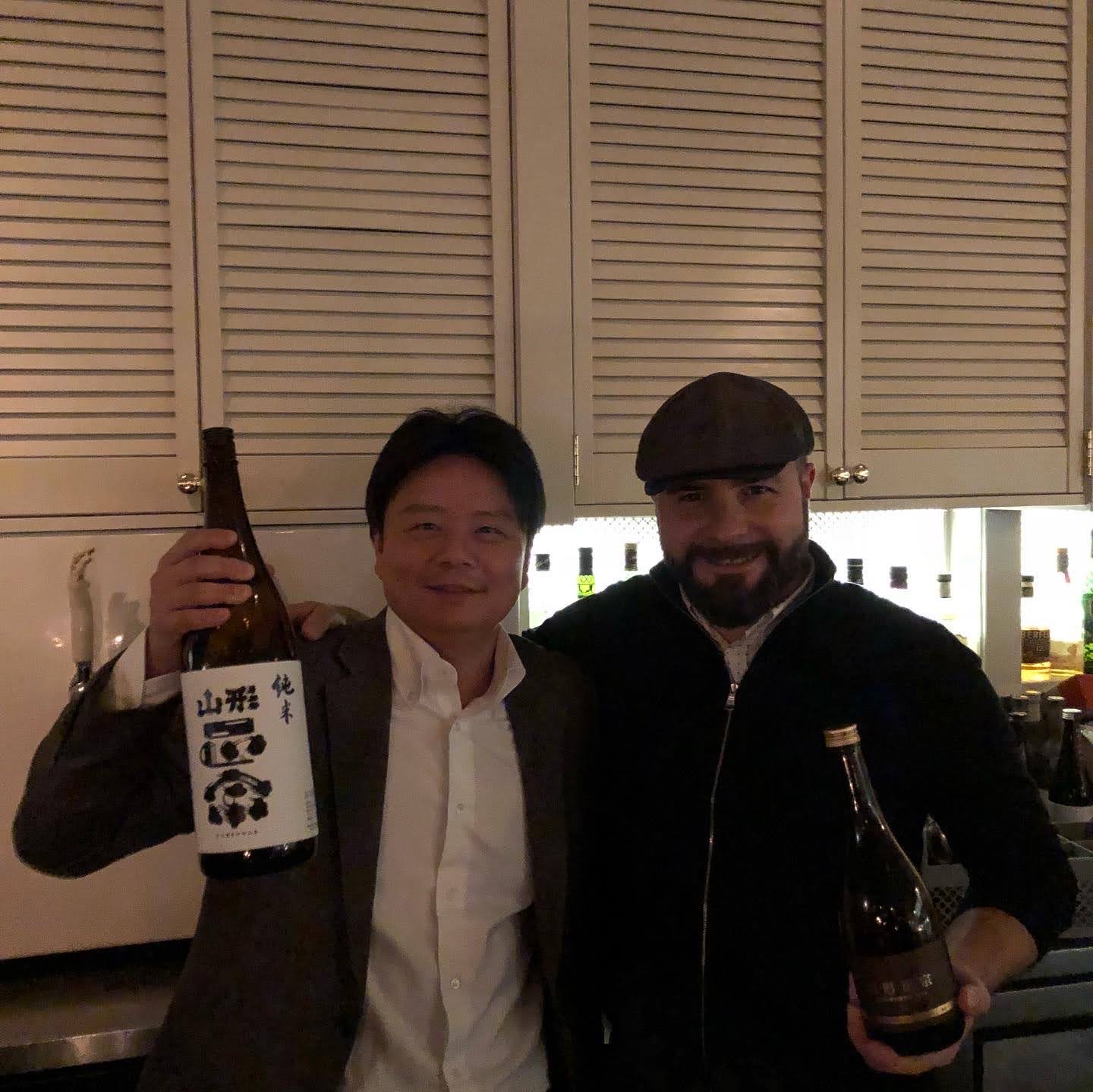
Mitobe san with his Dewasansan Junmai
Yamagata Masamune Junmai – Dewasansan rice polished to 60% and grown by the brewery. This is the only producer that I know of that owns a rice farming company. They only grow sake rice (no table rice) and all of it goes into their own sakes. I have big love for Mitobe san’s sakes in general but even at a tasting with all his fancier sakes, this one continues to be my favourite. Fresh and floral with some deep base notes that will make you keep coming back for more.
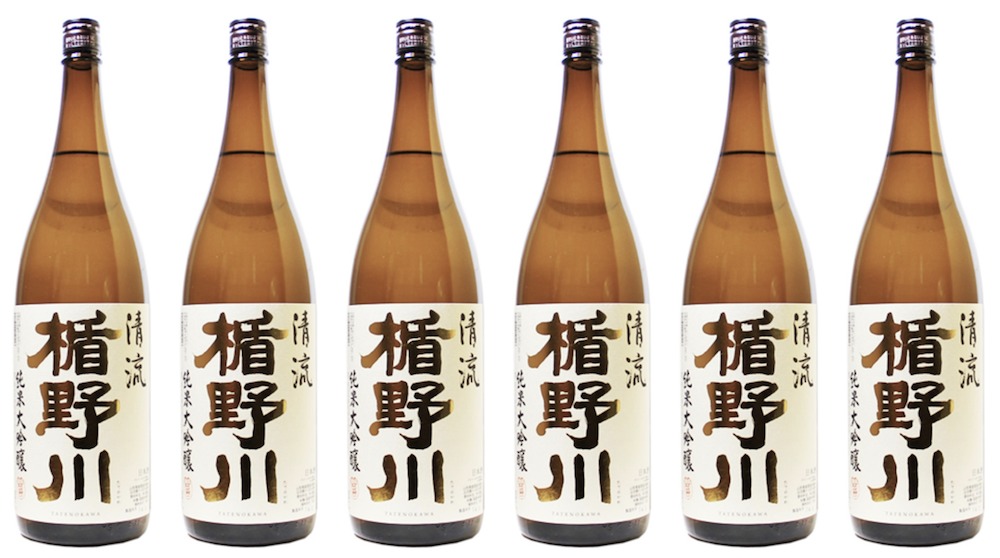
Tatenokawa Seiryu Junmai Daiginjo – a super juicy Daiginjo with lots of floral, tropical notes. The brewery uses modern aromatic yeasts like #1401 and #1801, which can be cloying and sweet but not here. Just enough ripe sweetness with Yamagata trademark acidity and structure, balanced with a slightly lower abv. Coming back to Ontario early 2022.
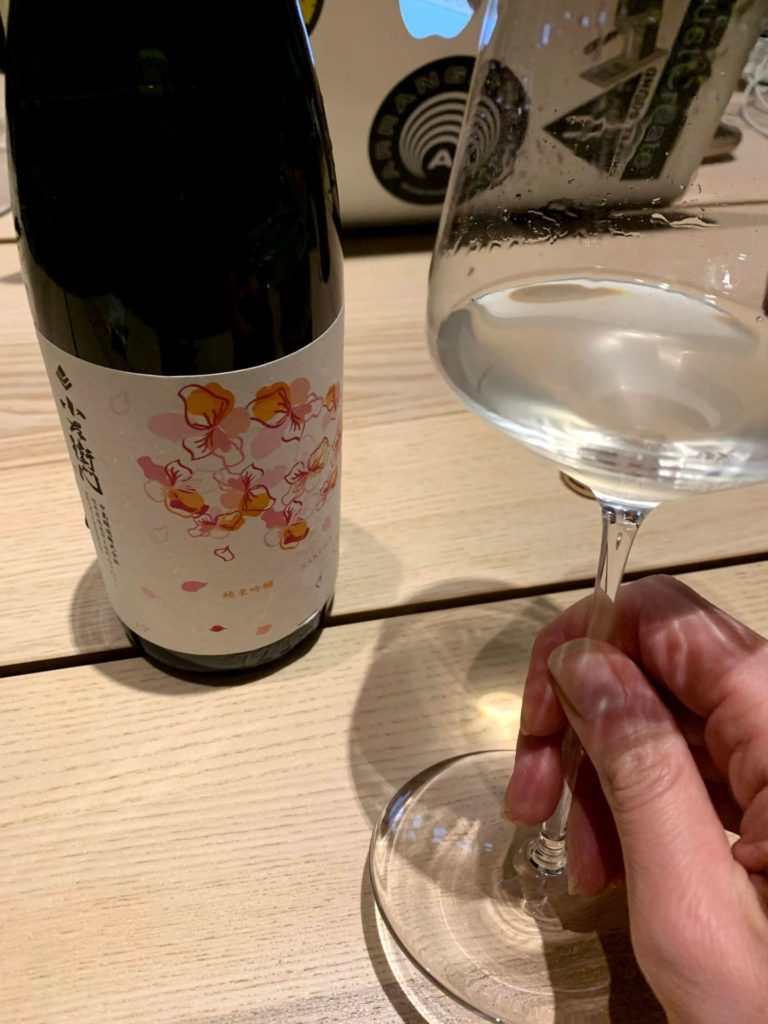
Kozaemon Sakura
Kozaemon Sakura – Dewasansan rice polished to 60%, and nama (unpasteurized). This sake gets released in the spring as a seasonal release. It’s juicy, lots of red citrus notes and always fun to taste the condition of the rice that year. Slightly aged (hopefully in the fridge), the sake calms down a little and gets more harmonious. Kozaemon has always liked using Miyamanishiki rice from its neighbour prefecture of Nagano, so using Dewasansan makes a lot of sense considering it shares some of the DNA.
If you see a sake made with Dewasansan rice, give it a try – you won’t be disappointed. If you are for some reason, I’ll drink it for you.

